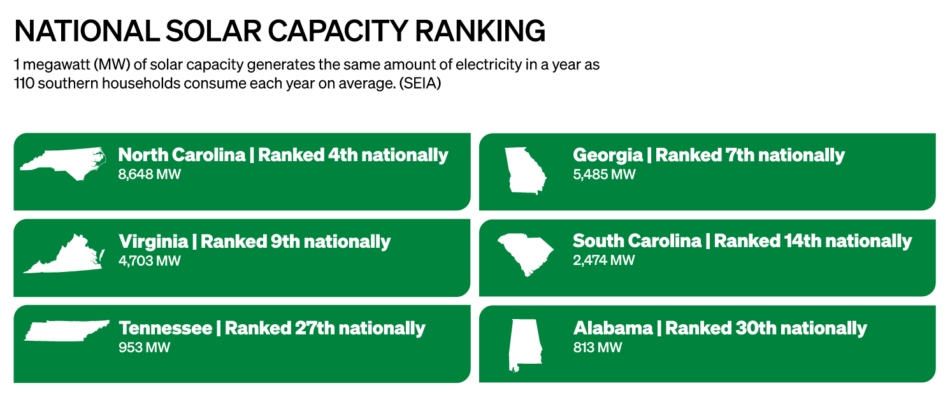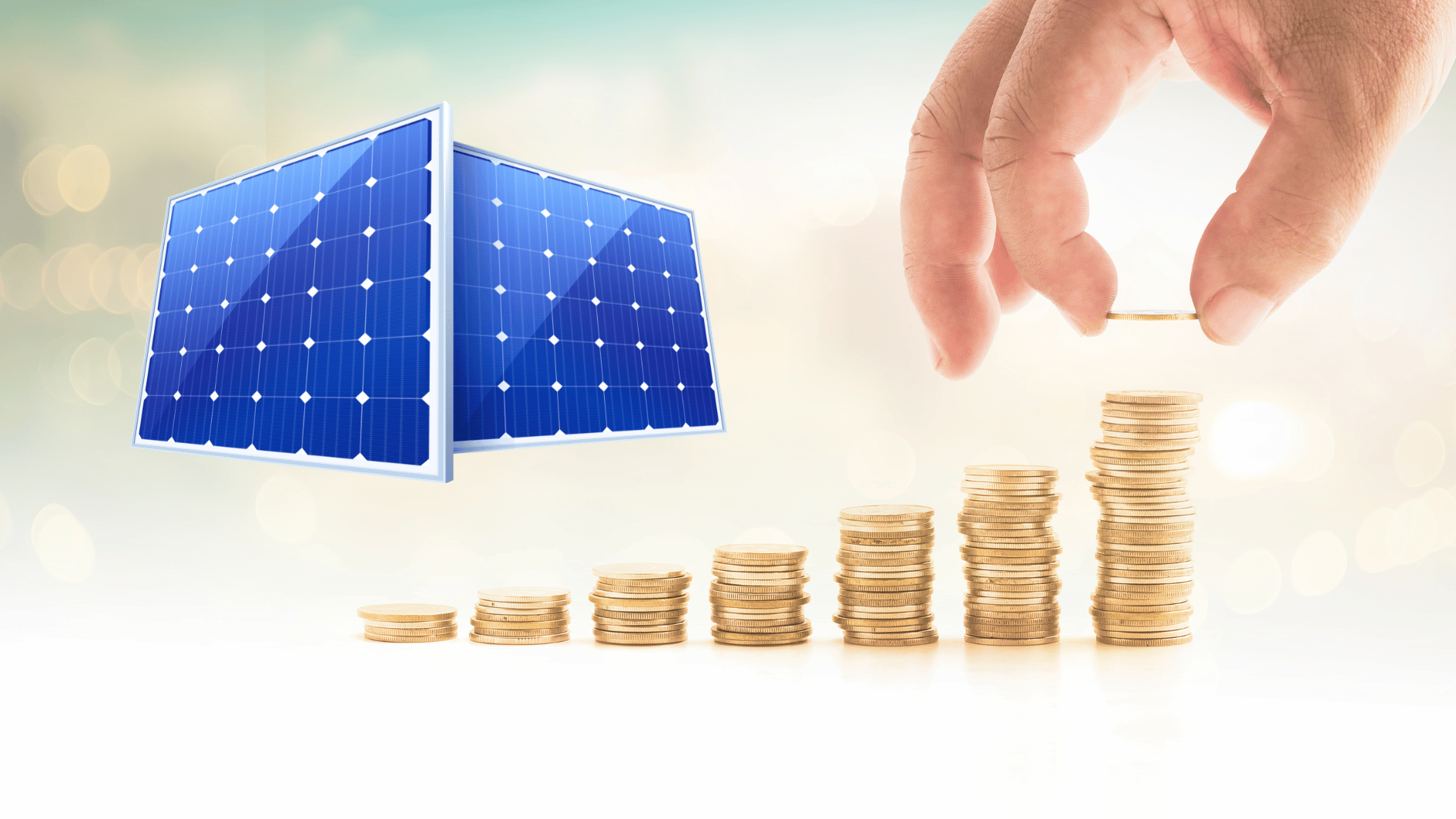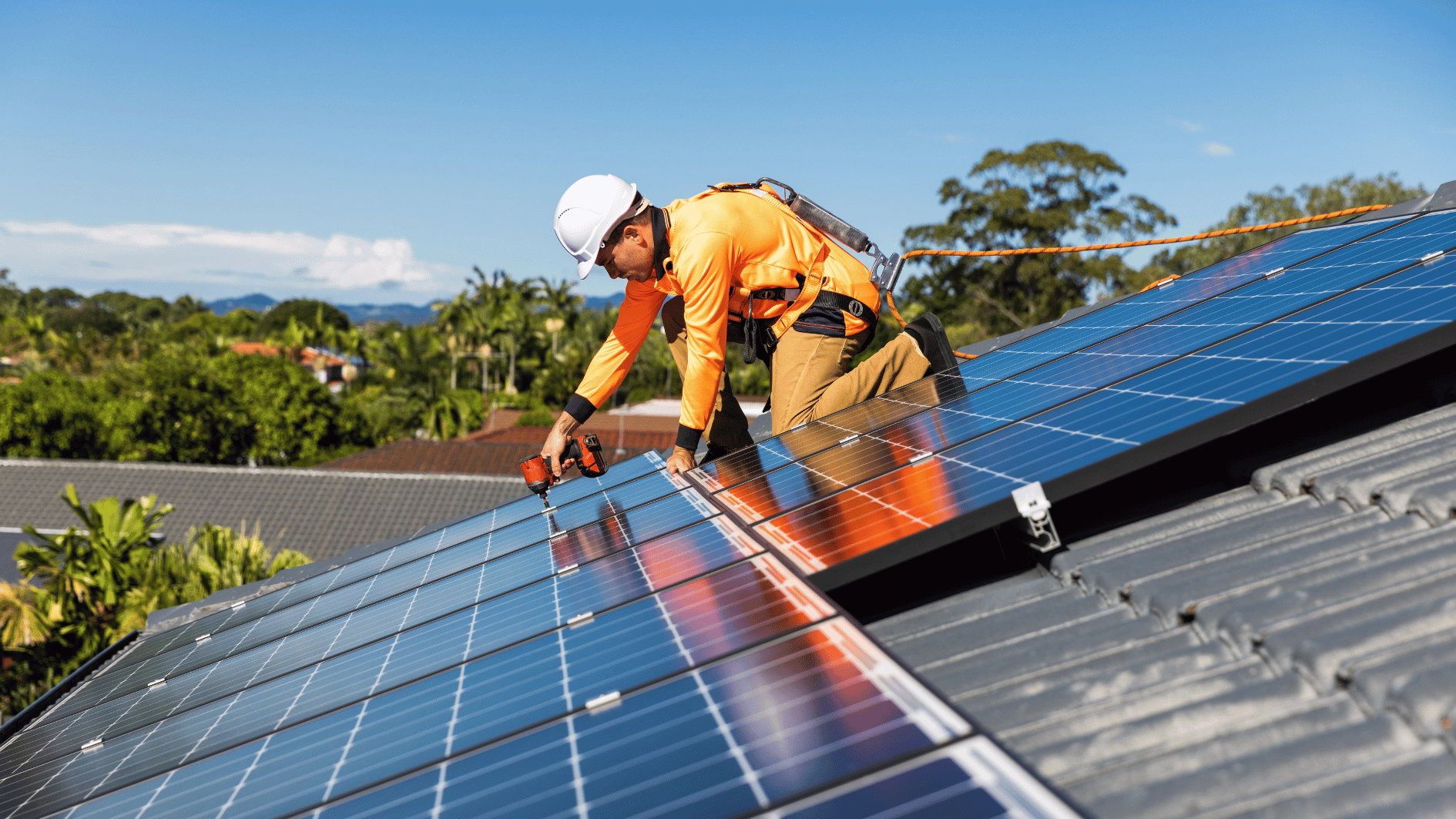Image source: Canva.com
In May, the U.S. surpassed 5 million solar installations for the first time, a significant achievement in the country’s shift towards clean energy. This marks a fivefold increase since 2016, highlighting the rapid growth of solar power as part of efforts to combat the climate crisis. Now, thanks to the Biden Administration’s $7 billion Solar for All Grant competition, the momentum is set to accelerate, particularly in the South, where solar power will become more affordable and accessible for low-income households.
On Earth Day, April 22, 2024, the Environmental Protection Agency (EPA) awarded nearly $1 billion in grants across the southern U.S. The funds will help boost solar energy adoption through leasing and power purchase programs, installations for multifamily housing, workforce development, and more.
The Solar for All grant program seeks to overcome legal and financial barriers, providing widespread, equitable access to solar power. The funding will support a variety of solar initiatives, including rooftop solar ownership, leasing, power purchase agreements, and subscription-based community solar projects.
“These awards will help transform solar infrastructure in the South, reducing climate pollution and cutting energy costs for households,” said a representative from the Southern Environmental Law Center (SELC). “It’s a critical step toward an equitable clean energy transition.”
The solar surge in the Southeast
In less than a decade, solar capacity in the Southeast has more than doubled. Back in 2018, the region had around 10,000 megawatts (MW) of solar power installed or committed. By the end of 2023, that number had soared to over 23,000 MW, with North Carolina, Georgia, and Virginia ranking among the top 10 states for solar capacity nationwide.

Despite this growth, many low-income households in the South still face barriers to solar access. Upfront costs for rooftop installations are prohibitive for many, while community solar—where residents can subscribe to a shared solar facility—is only available to fewer than half of electricity customers in the region. Moreover, existing community solar programs often fail to deliver cost savings.
Punitive policies, such as high monthly fees, make the transition to solar expensive, and many policies don’t offer fair compensation for homeowners who send surplus solar power back to the grid.
The Solar for All program aims to change that by expanding solar access in vulnerable communities. Grant recipients are required to ensure that participants save at least 20% on their energy bills. In states like Tennessee, where average monthly energy bills exceed $130, or Georgia, where a third of households spend more than 10% of their income on energy, these programs will provide much-needed relief.
Unlocking solar potential across the South
Key grants from the Solar for All program include:
- Georgia: The EPA awarded $156 million to Capital Good Fund, a nonprofit lender. The funds will help expand a low-income rooftop solar leasing program, which SELC supported during its development.
- South Carolina: A $124 million award will support energy efficiency and solar initiatives, including multifamily housing installations and workforce training.
- Tennessee: The Tennessee Department of Environment and Conservation received $156 million to develop solar infrastructure, including residential and community solar, energy storage, and enabling upgrades.
- North Carolina: The EnergizeNC program, supported by a $156 million award, will expand rooftop solar and community solar access, providing significant cost savings for low-income households.
- Virginia: The Virginia Department of Energy will use its $156 million award to reduce solar costs and remove barriers to interconnection for nearly half of the state’s households.
Additionally, the Groundswell Southeastern Rural Power Coalition, spanning Alabama, Georgia, South Carolina, Virginia, and North Carolina, secured $156 million to expand solar access for income-qualified renters and homeowners served by municipal utilities and electric cooperatives.
A bright solar future
The Solar for All program promises to expand rooftop solar and community solar projects across the South, with significant cost savings for low-income households. Over the next five years, these transformative projects are expected to accelerate solar adoption and provide a more equitable clean energy future for the region.

Virginia law expands shared solar into coal country, but key details still have to be worked out
Source: SELC





